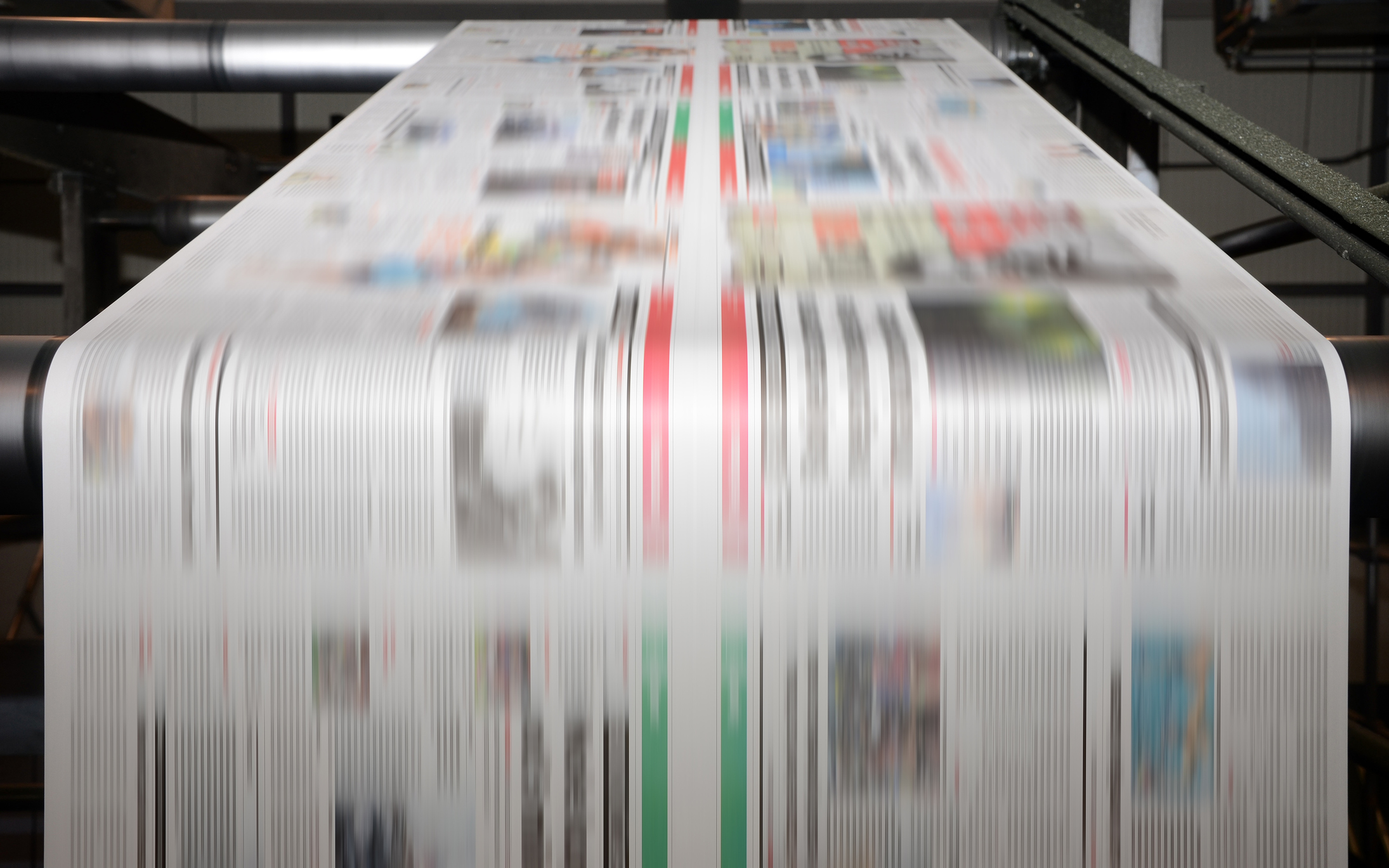Tribunal declares digital newspaper subscriptions to be VAT zero-rated
06 January 2020
What’s black & white and read all over? The Tax Tribunal’s view of what makes a newspaper VAT zero-rated.
In a decision released on Christmas Eve, the Upper Tax Tribunal provided an early Christmas present for the newspaper industry by confirming that digital editions of The Times, Sunday Times and The Sun qualified for the same VAT zero-rate as paper editions.
HMRC had argued that zero-rating was restricted to physical editions of the papers, but in a decision that could prove hugely important across the publishing industry, the Tribunal rejected this. The Court accepted that paper and digital newspapers are essentially the same and allowed zero-rating for both.
Almost all of the UK’s legislation was drafted in a pre-digital world. VAT is essentially a tax on selling things, so the nature of the things being sold (be they goods or services) is critical in deciding whether VAT is due. The digital revolution has created lots of new products and changed the way in which many existing products are consumed. VAT has not coped well with this rapid change, and nowhere has this been more apparent than in the publishing industry.
VAT legislation has always allowed zero-rating for what HMRC’s own guidance calls “Printed Matter”. Zero-rated items include books, leaflets, maps, sheet music and newspapers, journals and periodicals. When the VAT legislation was drafted, the common feature of all these things were that they were printed and sold on paper – and that was the key to zero-rating.

For newspapers in particular, the last 20 years has seen a huge increase in digital consumption of both national and local papers as print circulation has declined. From a consumer’s perspective, the choice between a digital or paper edition is essentially one of convenience – the content is basically the same. However, anyone buying an online subscription to say, The Times, has had to pay VAT, whereas someone picking up their paper in a newsagent hasn’t. It was this anomaly that The Times’ publishers, News Corp, asked the Tax Tribunal to consider.
The Upper Tribunal’s Christmas Eve decision followed an earlier decision which had gone against News Corp. Although that earlier decision accepted that digital editions were newspapers, it also found that the zero-rating legislation was restricted to goods and that since digital newspapers were supplies of services, they had to be subject to VAT.
The Upper Tribunal rejected this. It said that VAT legislation couldn’t stand still but must evolve and in the light of real-world changes. Just because the zero-rating rules were drafted at a time when newspapers were only supplied in paper format doesn’t mean that they cannot now apply to digital editions. The Tribunal also rejected arguments by HMRC that differences in format between print and digital meant that online editions were not strictly newspapers – the Tribunal cheerfully pointed out that the dictionary definitions HMRC was quoting were themselves pre-digital!
So, as things now stand online editions of The Times and the Sun now benefit from the same zero-rating as their paper equivalents. The Tribunal’s decision could go much wider that this however – what about other online news sources – is there a difference between an online edition of a daily paper and a rolling news website? What about other types of printed matter – e-books or digital maps? The implications of this decision are very wide ranging and it would not be at all surprising to see HMRC appeal – it will be fascinating to see what the response is. In the meantime, all publishing businesses and particularly those in the news industry need to understand the implications.
Contact us
If you’d like to find out more, get in touch with your usual Johnston Carmichael contact or speak to a member of our VAT & Duty team.

